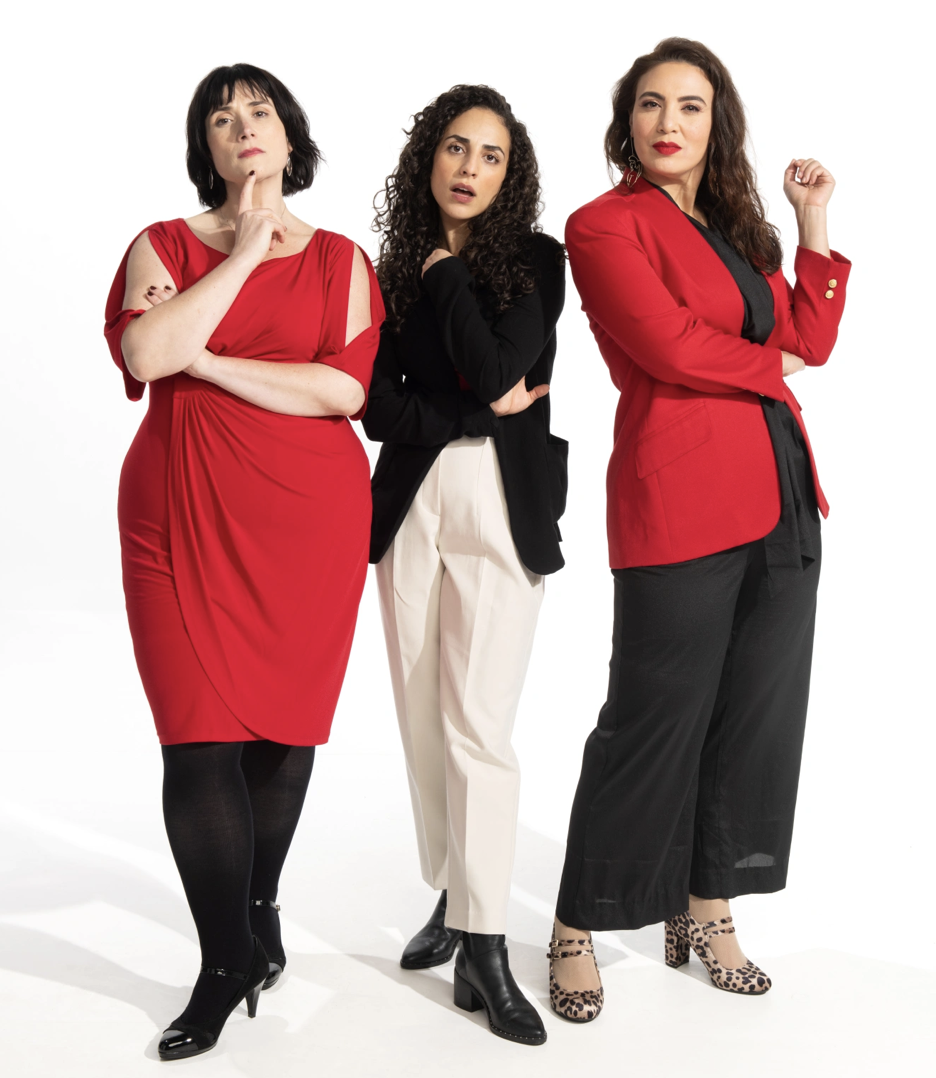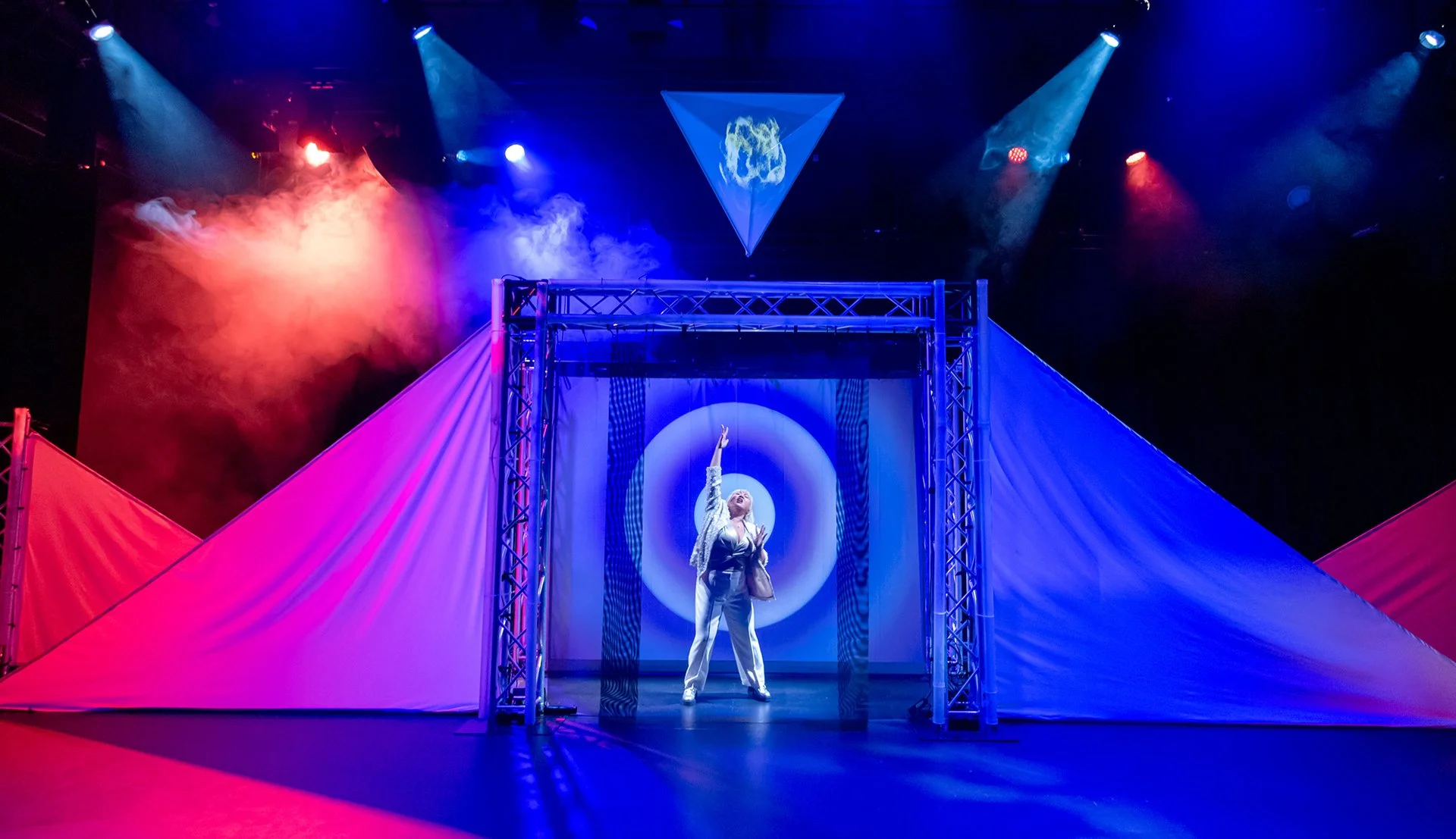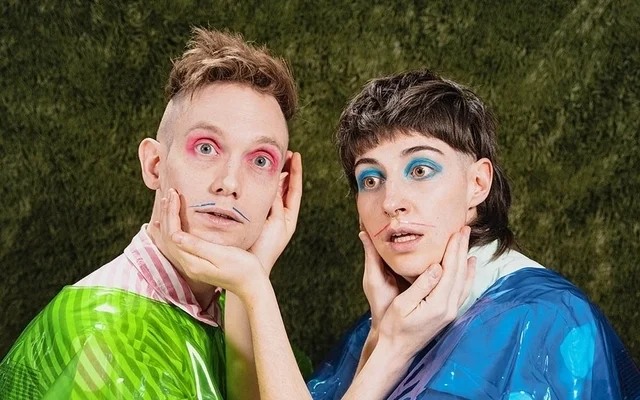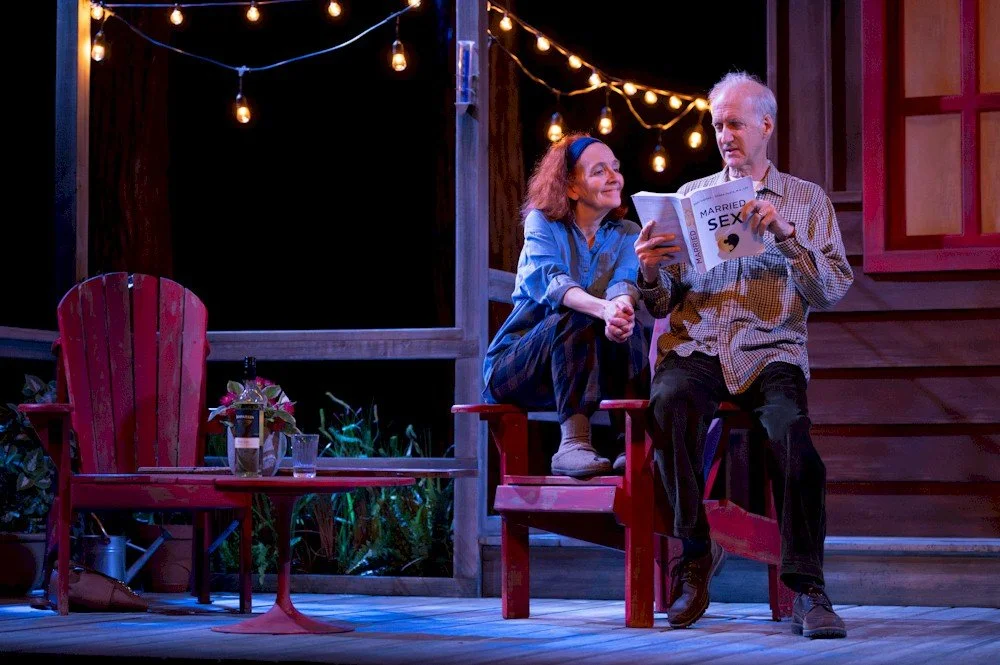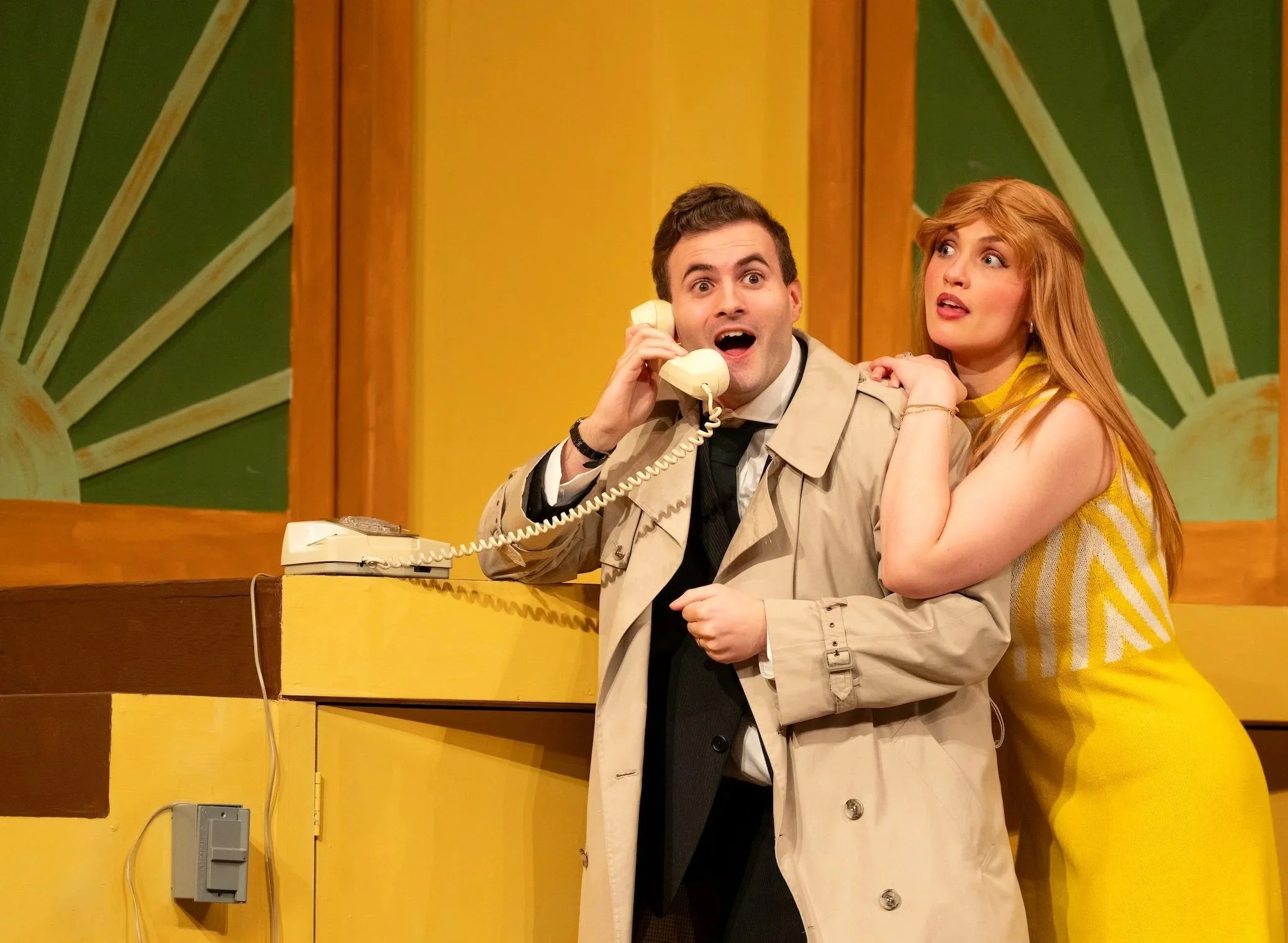Theatre review: Beautiful Man turns the long-defined idea of a woman’s place on its head
The play explores feminine sexuality, oppression of gender roles through strong language, biting humour, and sharp wit
Beautiful Man’s Tracy Jennissen, Parmiss Sehat, and Melissa Oei. Photo by Emily Cooper
The Cultch presents Pi Theatre’s Beautiful Man by Erin Shields to March 5 at the Historic Theatre as part of the Femme Festival.
Playfully dancing between rage and humour, Beautiful Man shakes up conventional gender roles in a satirical take on popular media. In the production written by Governor General’s Award-winning playwright Erin Shields (If We Were Birds, Soliciting Temptation) and directed by Keltie Forsyth, women are placed in positions of sexual power and men become the objects, exploring themes of sexual violence and female representation.
A production for the #MeToo era, Beautiful Man follows three women—played by actors Melissa Oei, Tracy Jennissen, and Ivy Charles—as they recount flipped narratives featuring strong women and submissive, battered men. The women, dressed in business attire, take centre-stage, with a lone male actor, Richard Meen, miming behind them on an elevated platform. Helpless to their sexualized gaze, Meen quietly mimics the actions inflicted upon the nameless men throughout the play. He is all but silent until the last act, when he gives a blunt and honest monologue on the common reality of women in our society, occupying a space of vulnerability.
The play uses strong language and biting humor to demonstrate how normalized violence against women and femmes has become. Not shying away from explicit descriptions, the actors detail ball-crushing female warriors who sacrifice their breasts to the goddess Diana in a satirical take on popular media such as Game of Thrones. From romantically apathetic and career-obsessed women to revered empresses, the play describes a vast array of unusual female characters and the demure, beautiful men who serve them.
Bawdy and appalling, Beautiful Man offers comic relief for a femme audience who have long seen themselves represented as objects for male consumption while poking fun at men’s efforts to understand the adversity women face.
Not for the faint of heart, this production amusingly and earnestly reveals the struggles of gender relations in the 21st century. Using sharp wit to turn the long-defined idea of a woman’s place on its head, the play is an absurd and hilarious vessel to explore feminine sexuality and the oppression of gender roles.


